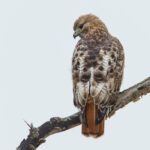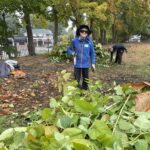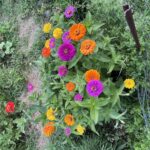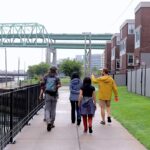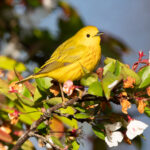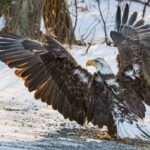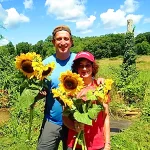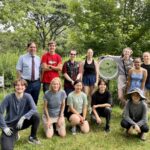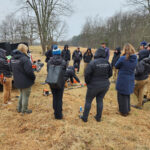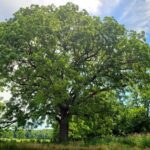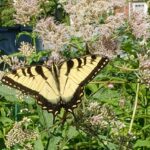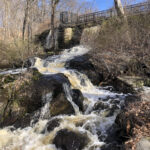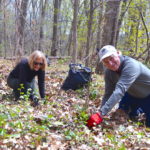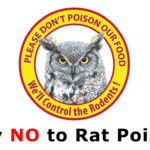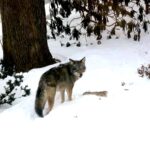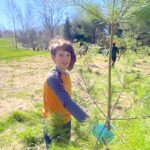
Join us in stewarding Lone Tree Hill! The Belmont Citizens Forum, in conjunction with the Judy Record Conservation Fund, is holding its eleventh annual cleanup and trail maintenance day on Saturday, April 26, 2025 from 9 AM until noon. Help with the planting of white pine saplings near the Meadow Edge Trail, cleaning up and removal of invasives at the Mill Street parking lot and the Coal Road respectively. Students can earn community service credits. Bounded by Concord Avenue, Pleasant Street, and Mill Street, Lone Tree Hill spans 119 acres of permanently protected conservation land and is available to everyone. [READ MORE]


